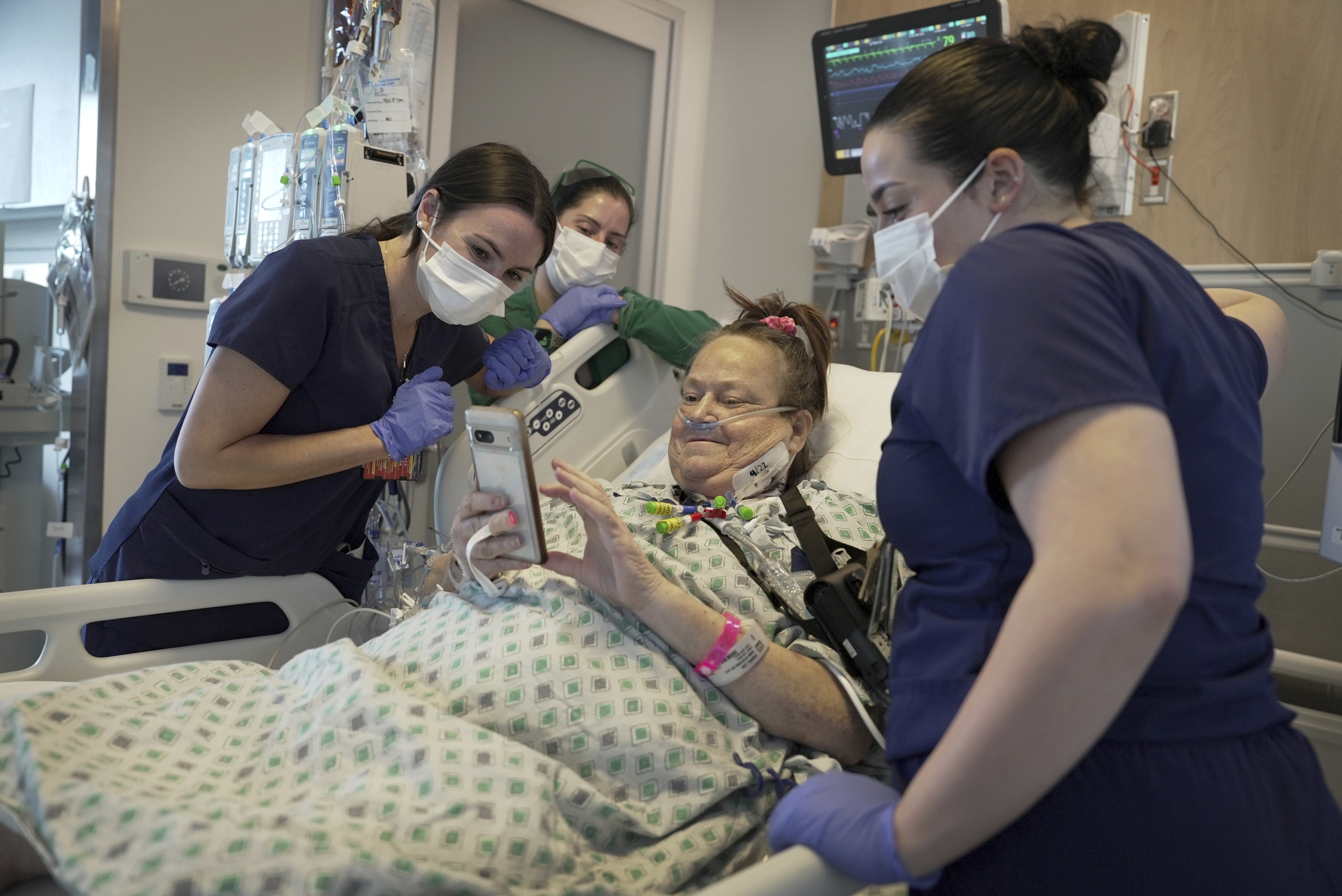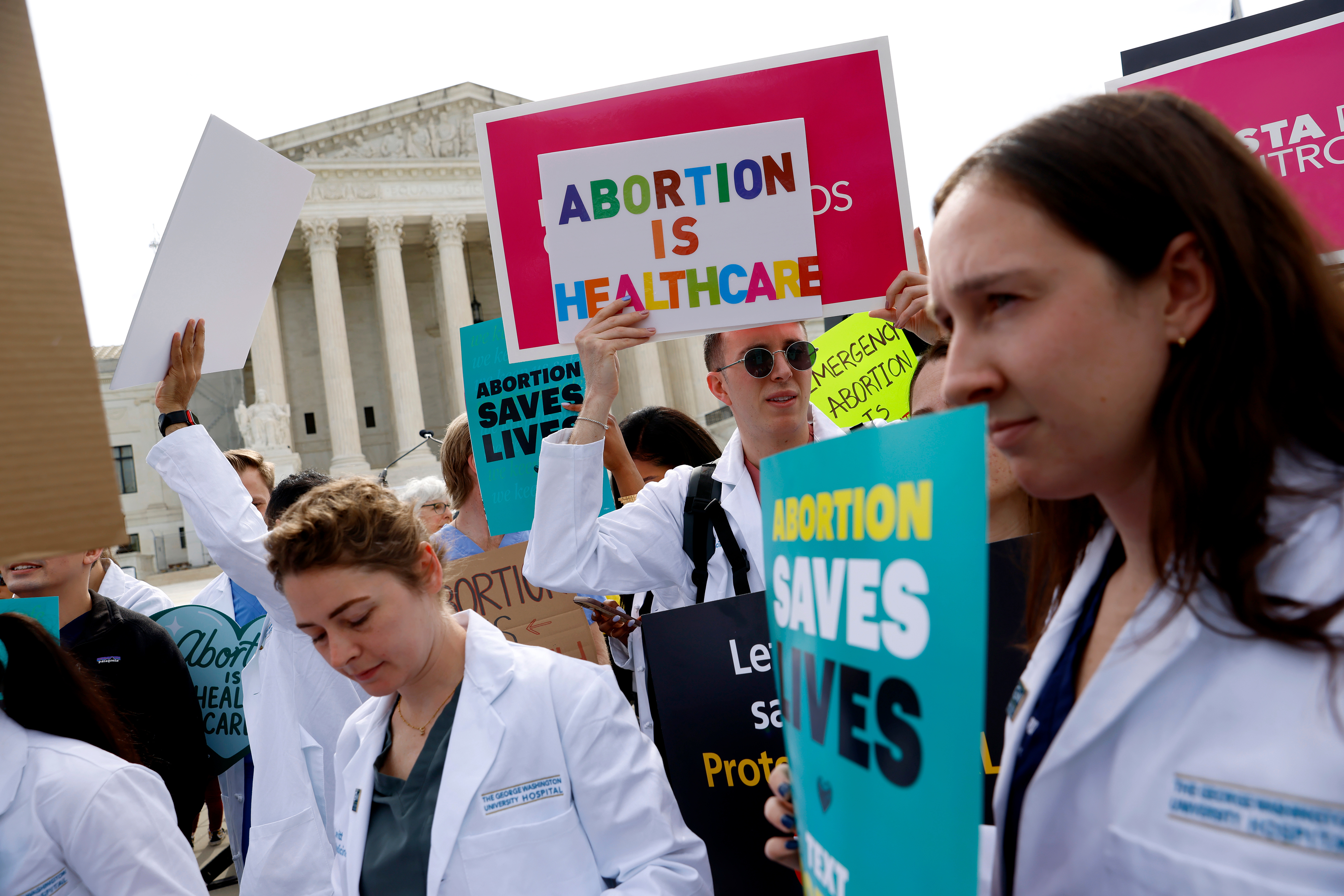Being the father of many daughters is certainly a blessing, but it may also be a sign that dad is at a greater risk for developing prostate cancer than other men, say researchers.
In a new study, researchers from Columbia University have found that fathering girls may be in indication of a heightened risk for prostate cancer. This risk, they believe, is caused by a defect on a man's Y chromosome which raises his risk of prostate cancer while inhibiting his ability to have sons.
Prostate cancer is the most common form of cancer in men. Over 230,000 men will be diagnosed with this disease this year in the United States, causing over 27,000 deaths.
For the study, Harlap and colleagues analyzed the medical records of almost 39,000 men from an Israel-based database. Over 40 years, 712 of these men were diagnosed with prostate cancer.
Interestingly, the researchers found that those men who had only daughters were 40 percent more likely to develop prostate cancer as compared with men who had at least one son. The risk was even greater in men with three or more daughters and no sons. In fact, the more sons a man had, the lower his risk of developing prostate cancer.
"[We] found a strong trend for a decrease in prostate cancer risk as the number of sons increased," said Dr. Susan Harlap, study author and professor of clinical epidemiology at Columbia University.
Since girls, by definition, only get an X chromosome from their father and not a Y, Harlap and colleagues believe that having no sons may be an indication that a man has a defect on his Y chromosome. Therefore, the more girls a man fathers without having a son, the greater chance that he has a problematic Y-chromosome. The defect, they suggest also increases a man's risk for developing prostate cancer.
Health
"Our findings suggest that the biological significance of lack of sons—whatever it is that leads to increased risk of prostate cancer—becomes increasingly important as family size increases," said Harlap, who added that while her findings are consistent with the idea that a Y-chromosome defect raises the risk of prostate cancer, other explanations are possible.
For example, a man who had two sons and no daughters, had an 11 percent increase in the rate of prostate cancer, compared with men who had one son and one daughter. But Harlap believes this finding simply shows that chance, too, plays a role in prostate cancer development.
Moreover, the authors add, women tend to be more health conscious than men, so having many girls may make it more likely for a man to go for prostate cancer screening, making him also more likely to get diagnosed



